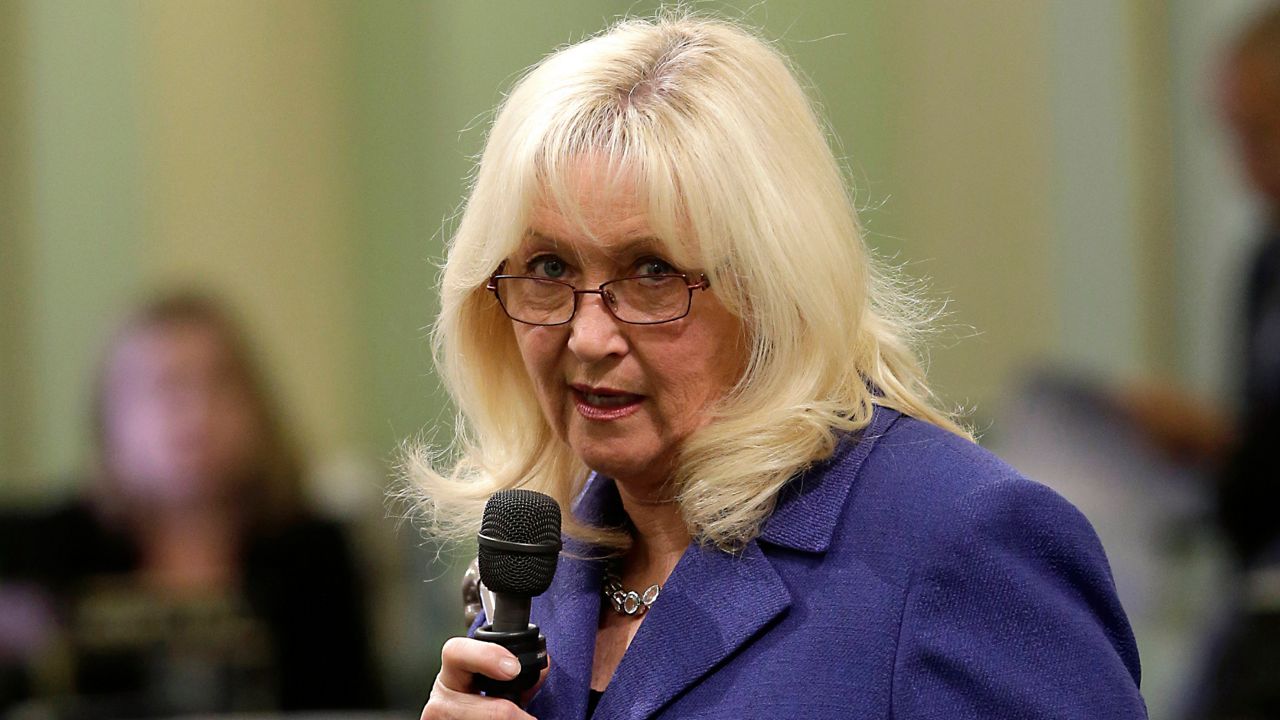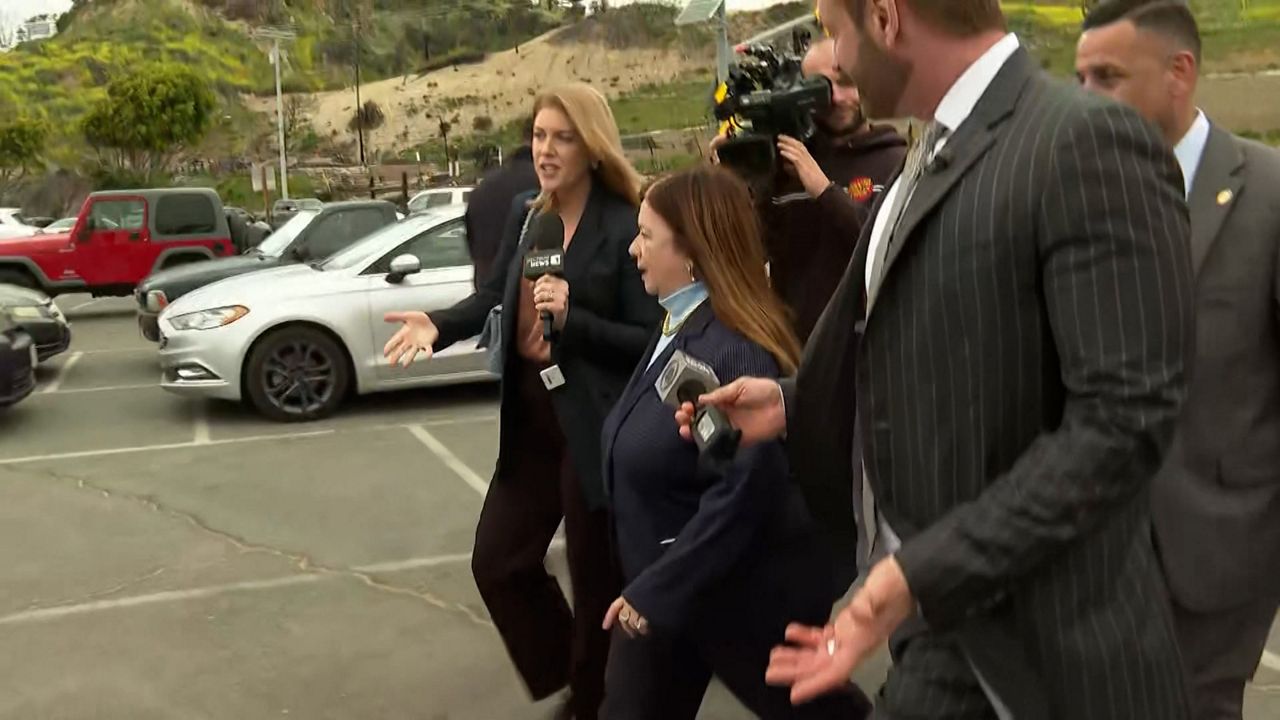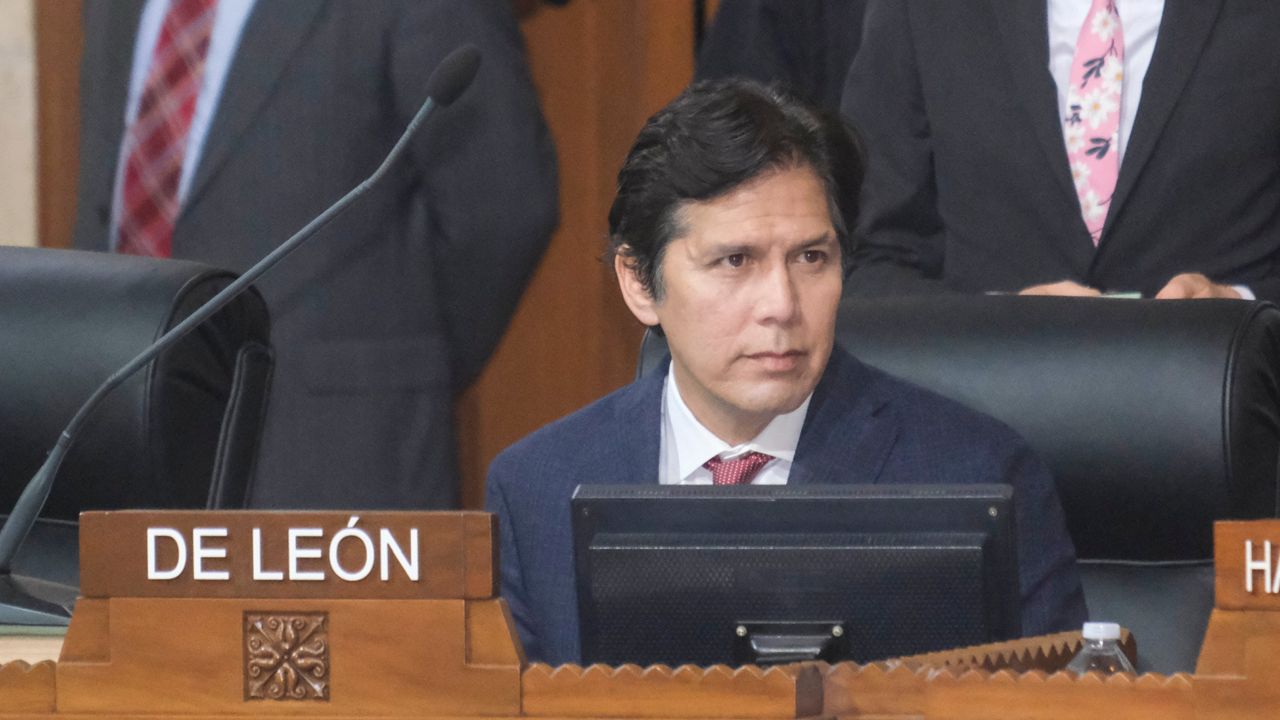LOS ANGELES (AP) — Former Trump administration appointee Connie Conway has advanced to a June runoff in a California special election to fill a U.S. House seat left vacant after Republican Rep. Devin Nunes resigned to lead former President Donald Trump’s media company.
The race for the second runoff spot was too early to call, after election officials paused counting early Wednesday morning. Completing the vote count will take at least a week, as mail ballots can arrive as late as April 12. Officials said they would not release additional results until Thursday in Tulare County and Friday in Fresno County, both in the district.
Nunes was an ardent defender of Trump on Capitol Hill. If Conway eventually triumphs, Nunes’ replacement also would have ties to the former president — Conway served as the California executive director of the Department of Agriculture’s Farm Service Agency during the Trump administration.
Conway, a one-time GOP leader in the state Assembly and a former county supervisor, opened a gap over five other competitors with about 34% of the vote, according to a preliminary tally of ballots.
The election in the Republican-leaning 22nd District has been largely ignored as national Democrats and Republicans fixate on midterm elections that will determine control of Congress in 2023.
In a statement, California Republican Party Chairwoman Jessica Millan Patterson congratulated Conway and added, "Voters in the 22nd Congressional District know that Conway is the right candidate to represent their values in Washington. ... We look forward to Conway’s victory in June as a welcome preview of what November will bring when the path to the GOP majority in the House will run straight through our state.”
Several rivals were clustered behind her, including Democrats Lourin Hubbard, a manager for the state Department of Water Resources, and Eric Garcia, a Marine and Iraq War veteran, and Republican Matt Stoll, a former Navy combat pilot and small business owner.
Hubbard was the closest contender to Conway, with about 20% of the vote.
The seat in the state’s Central Valley — sometimes called the nation's salad bowl because of its agricultural production — is expected to stay in Republican hands.
Because no candidate was able to claim a majority of the vote, a runoff between the top two finishers will coincide with the statewide primary election June 7.
Nunes’ unexpected departure in January created an unusual situation for his former constituents: the winner of the election will serve only months in Congress, and the district will vanish next year because of redrawn boundaries.
Mail-in voting started last month, and early returns pointed to a sparse turnout. With Russia's invasion of Ukraine and the pandemic dominating headlines, campaigns say voters they contact are sometimes surprised to find out an election is taking place, or are not aware that Nunes, a prominent Trump loyalist while in Congress, had resigned.
There are six candidates on the ballot — four Republicans and two Democrats. There’s a chance two Republicans could face off for the seat in June, though the Democrat Hubbard was holding the second spot.
The 48-year-old Nunes was comfortably reelected in November 2020 before exiting with a year left in his term to join the Trump Media & Technology Group. The company hopes its social media platform will rival competitors like Twitter and Facebook, which blocked the former president’s accounts after the deadly storming of the U.S. Capitol on Jan. 6.
Other candidates include Republicans Elizabeth Heng, a tech executive who lost a run for Congress in a neighboring district in 2018 and briefly ran for U.S. Senate; and Michael Maher, a Navy veteran and former FBI special agent.
Different agendas are in play. Conway, if elected, plans to serve only the remainder of Nunes’ term. However, Garcia, Maher and Stoll also are running in the June statewide primary in a newly drawn district — the 21st — that includes a slab of Nunes’ territory. In that race, they will be taking on Democratic Rep. Jim Costa, and it’s obvious they hope a win on Nunes’ old turf will be a springboard to winning the district.
A runoff would be politically tricky for Garcia, Maher or Stoll. In that case, a candidate's name would end up appearing twice on the June ballot — once in a runoff for the vacant Nunes seat and a second time in a new House district for the term that starts in 2023. Voters easily could be confused seeing the same name twice.
With little at stake in the contest to replace Nunes, money has been in short supply and, as a result, advertising has been sporadic.
Federal fundraising records show Garcia, for example, raised over $200,000 but had only $1,700 in the bank in mid-March. Heng raised $215,000 and had about $60,000 on hand at that time. But she also stacked up $95,000 in unpaid bills, leaving her campaign effectively in debt.
The outcome also will not tilt the balance of power on Capitol Hill, where Democrats hold a slim majority.
The little-watched contest takes place in a challenging political environment for congressional Democrats. Polls show many Americans are unhappy with the direction of the country, and President Joe Biden’s approval ratings have been sagging.
While the contest for the vacant Nunes seat has been an afterthought nationally, California is at the center of the fight for the House. There are about a half-dozen highly competitive districts on the June ballot. Such contests are a rarity in the liberal-minded state, where Democrats hold every statewide office, dominate in the Legislature and have a 42-10 advantage in the congressional delegation.
Nationally, 30 House Democrats and 15 Republicans are not seeking reelection this year. In addition, there are 5 House vacancies because of resignations or deaths.










